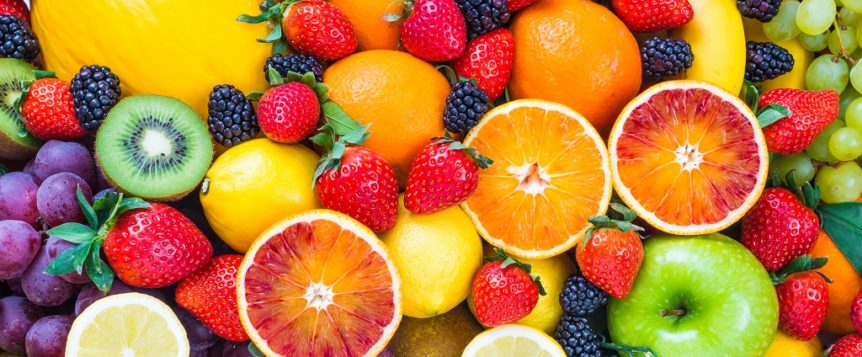› Health benefits
Quercetin is a flavonoid reported to have all-natural myriad of health benefits. Its antioxidant properties may help reduce inflammation, allergy symptoms and blood pressure. Quercetin has been linked to improved exercise performance and reduced inflammation, blood pressure and blood sugar levels. Plus, it may have brain-protective, anti-allergy and anticancer properties. Though its benefits seem promising, more human research is needed.
› How much?
Typical dosages range from 500–1,000 mg per day. Be sure to follow relevant directions on product labels, and consult your pharmacist, physician or other healthcare professional before using.
› In foods
Citrus fruits, apple, onion, parsley, berries, green tea, and red wine comprise the major dietary supplements of quercetin apart from some herbal remedies.
› Dietary supplements
You can purchase quercetin as a dietary supplement. It’s available in several forms, including capsules and powders.
Source: National Institutes of Health, Office of Dietary Supplements
Please consult your health care provider before making changes to your vitamin/supplement regimen.


